Food halls are no longer just trendy urban curiosities. They are full-blown culinary movements reshaping how we dine, socialize, and experience food. With variety, flexibility, and an immersive atmosphere in one place, food halls appeal to every kind of eater. From top chefs launching quick serve spots to Instagram-friendly vendors bringing global flair, these spaces have flipped the restaurant scene. Whether grabbing lunch, meeting friends, or trying new cuisines, food halls offer something traditional restaurants cannot.
Chefs are Ditching Traditional Restaurants
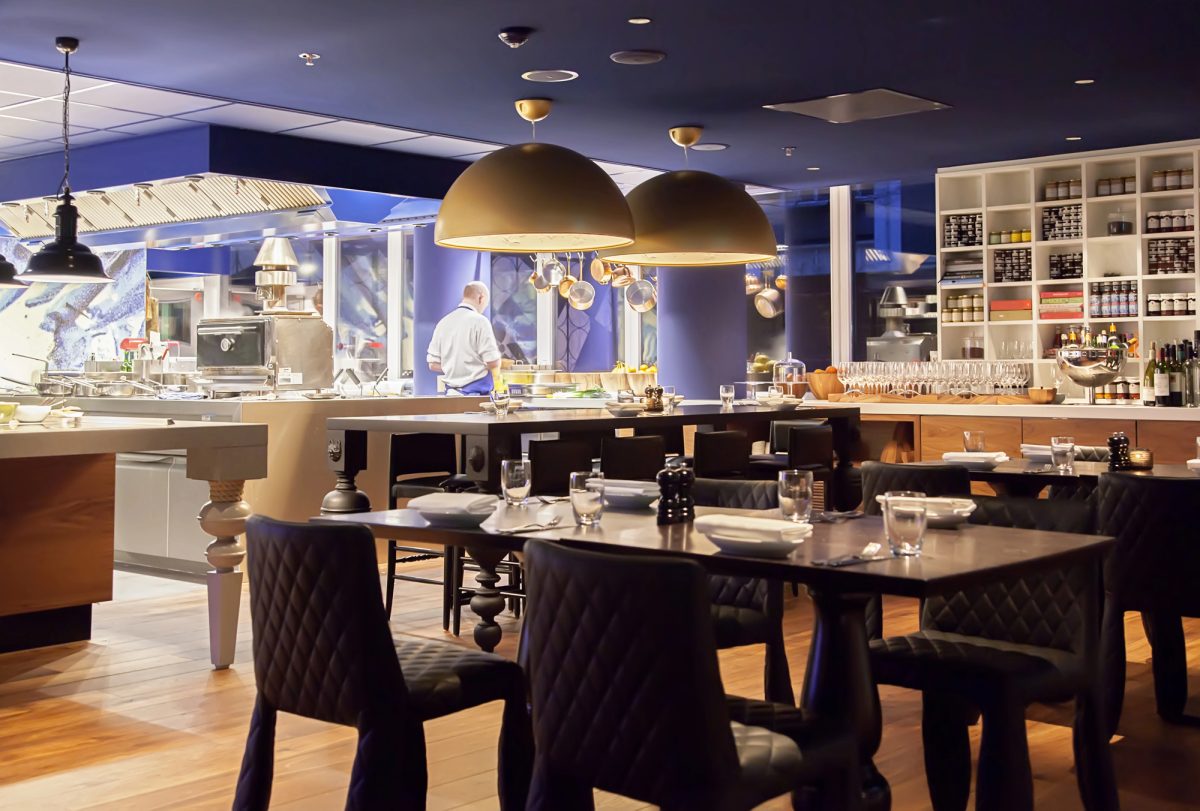
Top chefs are trading in high-overhead, full-service restaurants for flexible food hall stalls with smaller menus and lower risk. This shift gives them more creative freedom and quicker feedback from diners. The new format allows reinvention without massive startup costs attached.
Diners Want Variety All at Once
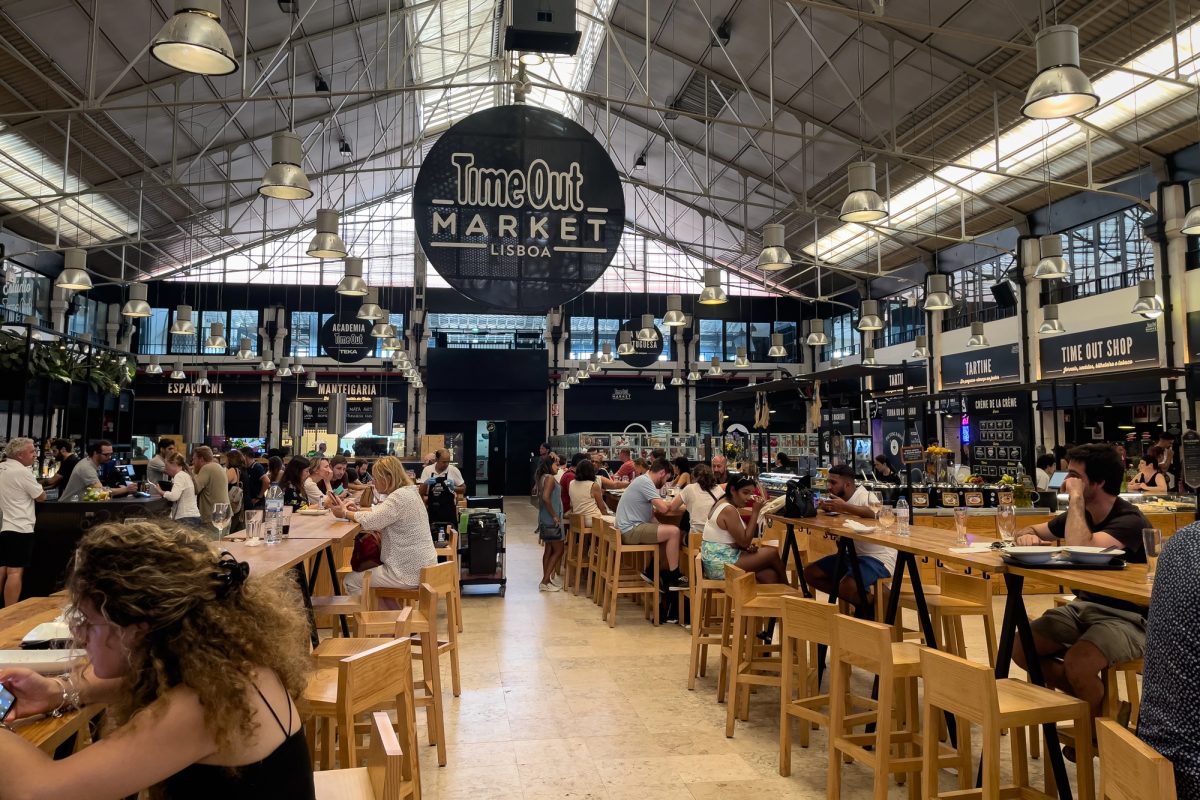
Why choose one dish when you can try five? Food halls let groups order from multiple vendors and enjoy it together. This variety-driven format beats traditional menus with options for everyone. Diners leave feeling full, satisfied, and always excited to come back.
Lower Startup Costs Attract More Talent
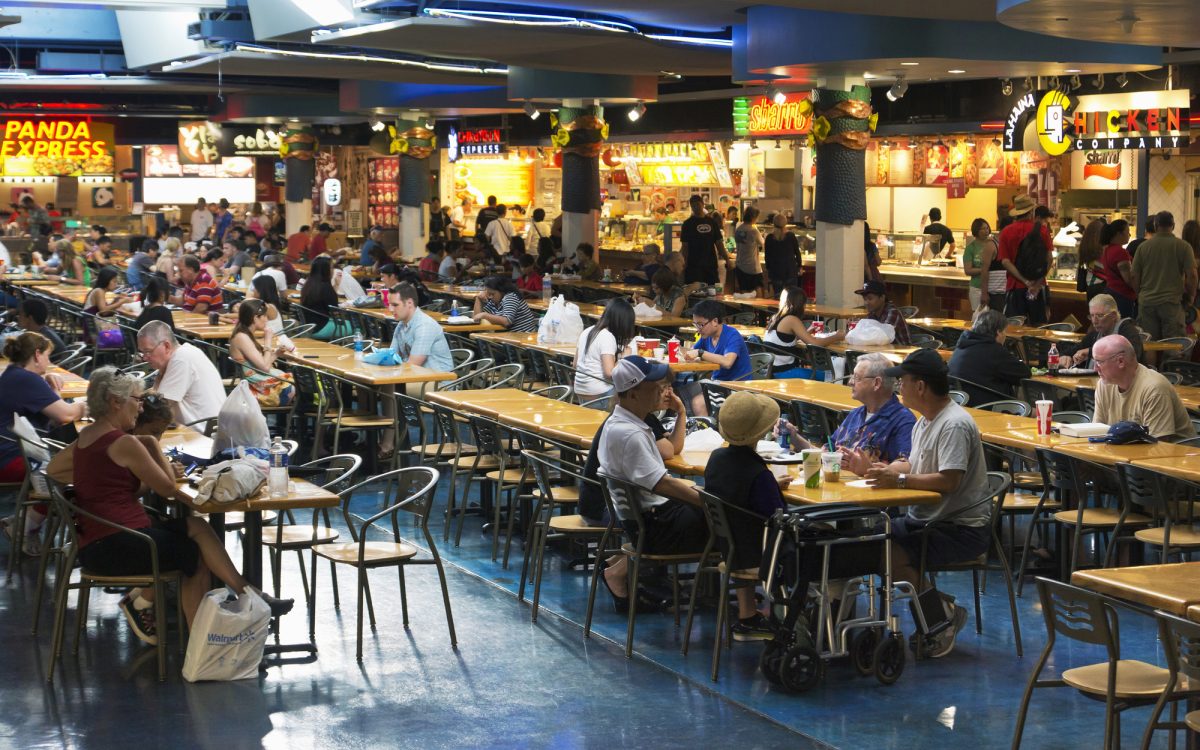
Launching a food stall in a food hall costs significantly less than opening a full restaurant. Lower barriers allow young chefs and underrepresented entrepreneurs to break into the industry. Talent rises faster and with far fewer limitations, allowing new culinary concepts to grow without huge financial risks attached.
Faster, Fresher, and More Customizable Meals
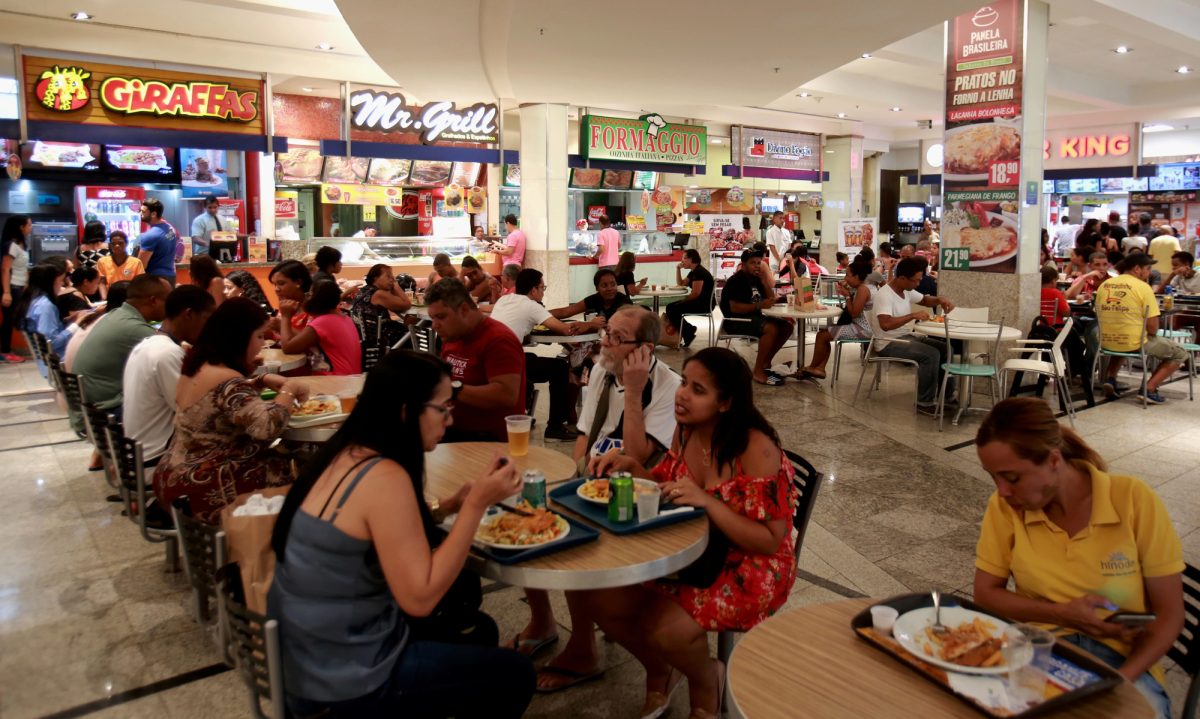
Food halls operate with speed and quality in mind, often using open kitchens and customizable setups. Meals are made fast and fresh, designed for modern lifestyles. Expect better food in way less time, with personalization options tailored to your tastes that make each bite even more enjoyable.
Related Post: 13 Gross-Looking Foods That Will Surprise Your Taste Buds
Shared Seating Creates Community Vibes
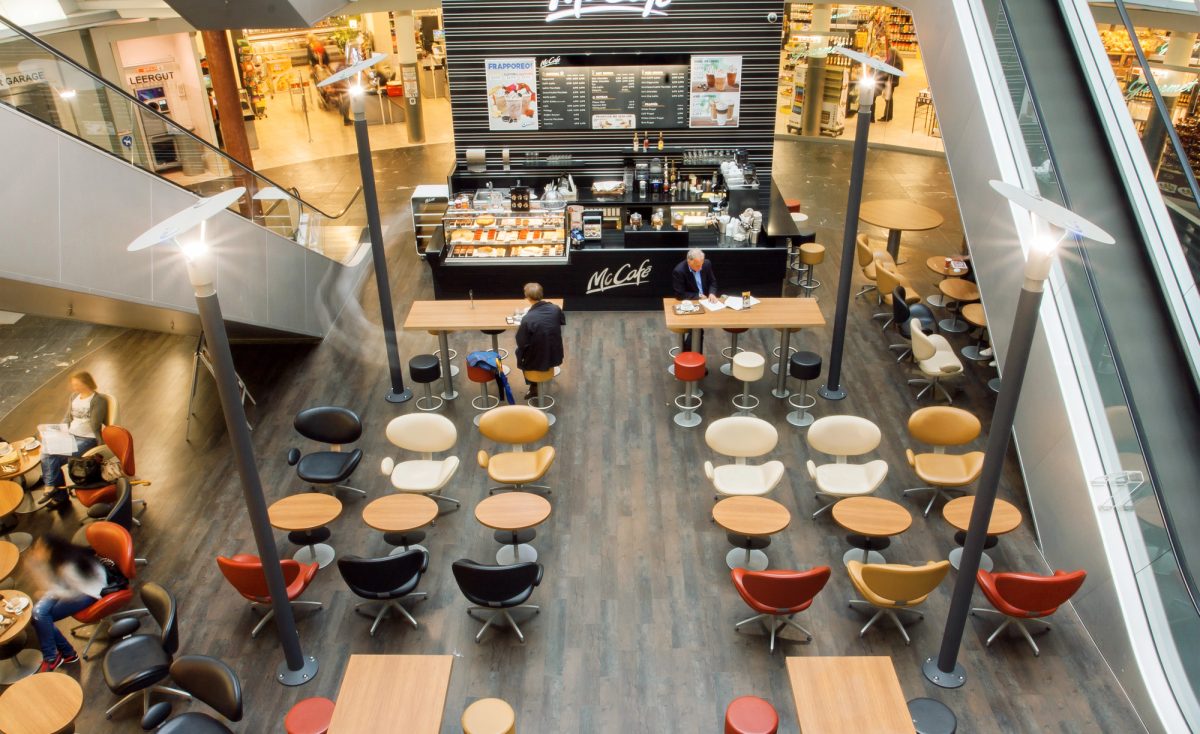
Communal tables and shared spaces foster a relaxed social atmosphere where strangers chat and groups linger. Food halls prioritize connection over formality. These layouts make people feel welcome immediately, creating a sense of belonging that isn’t found in traditional restaurant spaces anymore, no matter the meal or time of day.
Related Post: 10 Loudest Foods That Will Get You Stares in a Quiet Room
A Playground for Culinary Innovation
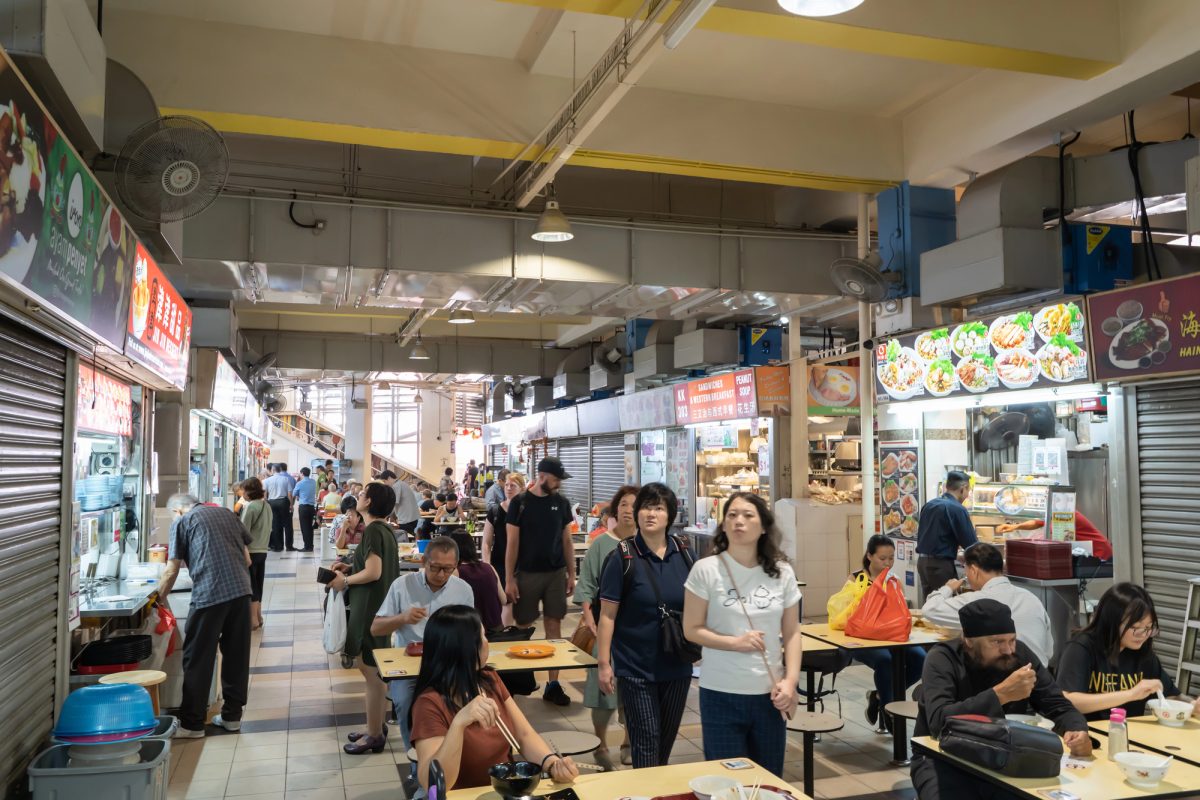
Food halls are test kitchens in disguise. Vendors experiment with bold flavors, limited time menus, and hybrid dishes. Innovation thrives where pressure and curiosity meet together, allowing for bold combinations and dishes that challenge the limits of traditional cuisine in new and exciting ways.
Related Post: 15 Weirdest Ice Cream Flavors You Won’t Believe Exist
Perfect for Social Media Culture
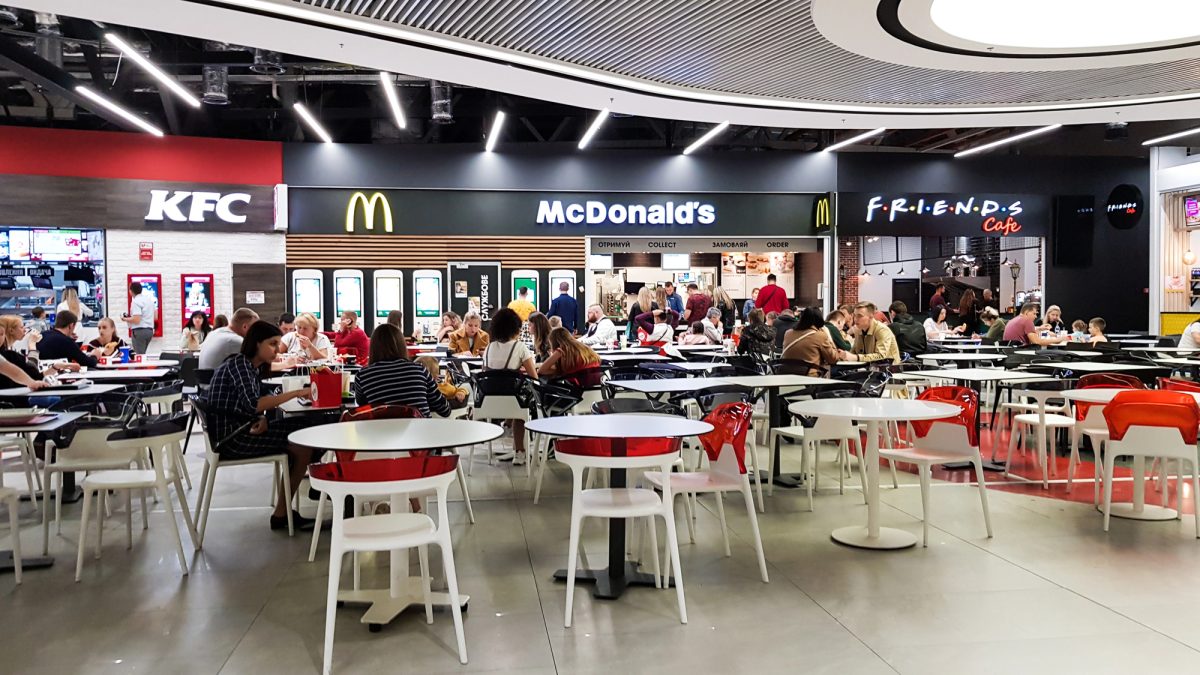
Colorful food, neon signs, curated design, and food halls are made for the Instagram era. Viral dishes and aesthetic spaces generate buzz, making the hall itself a destination. Picture-perfect moments are built in everywhere, offering fun photo opportunities that make each visit more memorable and shareable on social media platforms.
Related Post: 15 Foods That Look Gross But Are Shockingly Delicious
Local Vendors Global Flavors
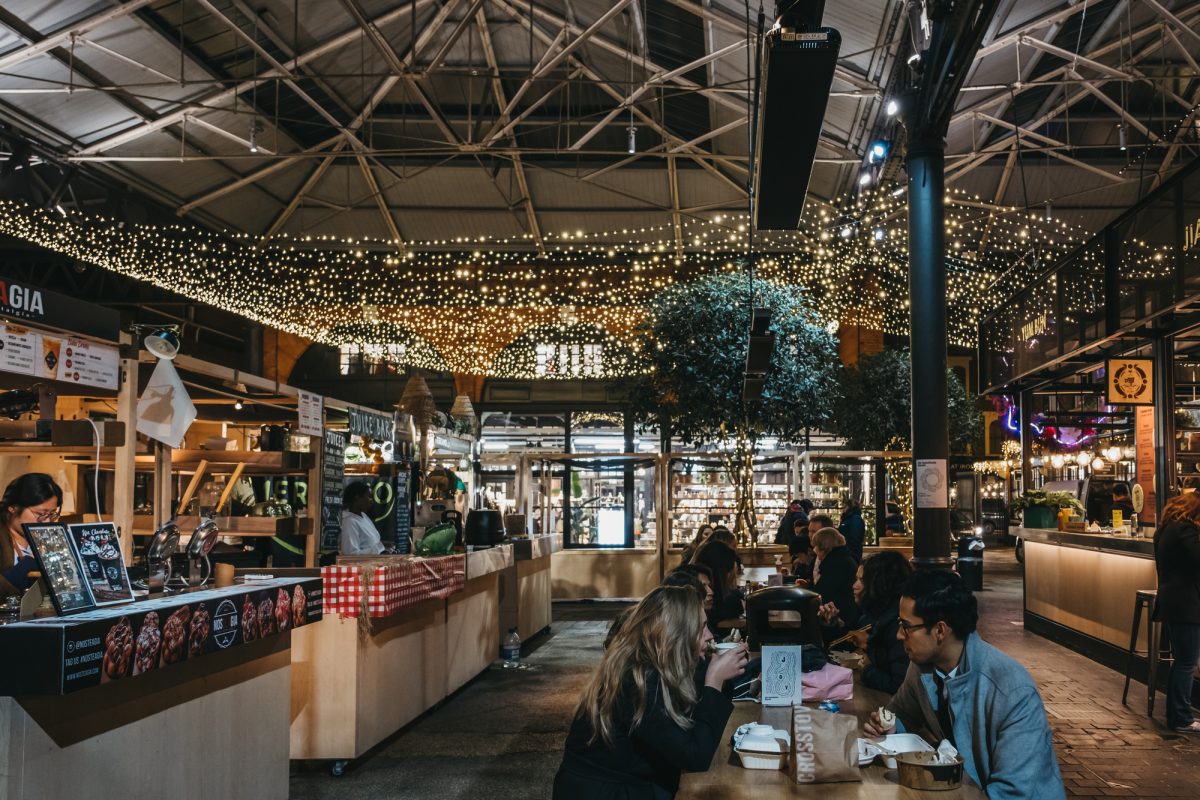
One food hall can house everything from Nashville hot chicken to Korean corn dogs. Food halls give local businesses a stage to showcase global flavors. Fusion and authenticity shine side by side, creating a melting pot of culture that appeals to curious eaters eager to try new tastes every day.
Related Post: 10 Spices You Probably Have That Hidden Benefits
Events and Pop-Ups Keep Things Fresh
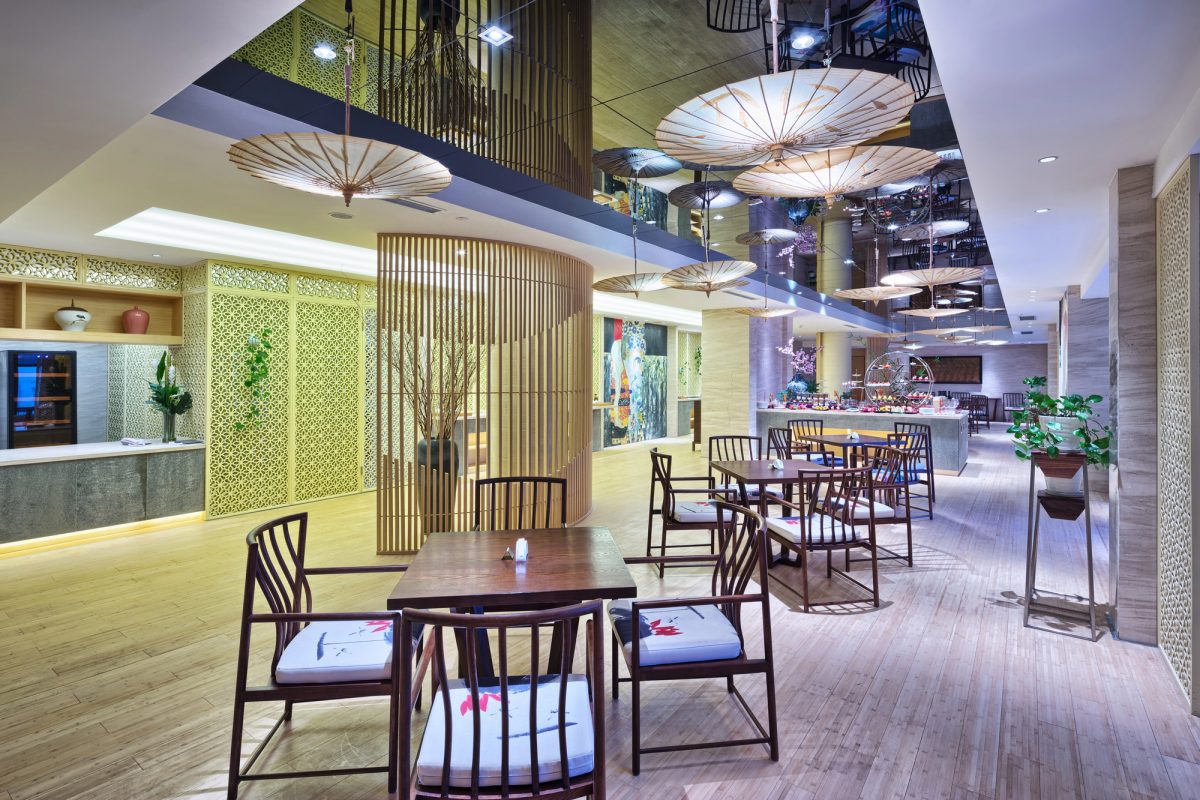
Rotating vendors, seasonal pop ups, and live events keep food halls exciting and ever evolving. Regular changes encourage return visits and constant discovery. Surprise menus keep loyal visitors curious and happy, keeping the atmosphere lively and giving locals new reasons to come back and try something different each time.
Related Post: 15 Foods That Used to Be Everywhere But Are Now Almost Gone
They Are Anchors for Revitalized Spaces

Cities are building food halls into former warehouses, train stations, and malls to spark revitalization. These spaces become modern hubs of culture, dining, and design. Entire neighborhoods shift because of this energy, transforming once dull areas into vibrant, thriving destinations that attract locals and tourists alike every day of the week.
Related Post: 12 Famous Historical Figures and Their Weirdest Food Obsessions
Better for Remote and Casual Workers

With flexible hours, fast Wi-Fi, and communal seating, food halls are built for freelancers, creatives, and casual professionals. It is the new work lunch spot. Great food meets laptop-friendly vibes easily, offering an alternative to traditional office spaces that combine productivity and relaxation in a modern atmosphere.
Related Post: 15 “American” Dishes That Actually Came from Other Countries
Designed for the Post-Pandemic Mindset
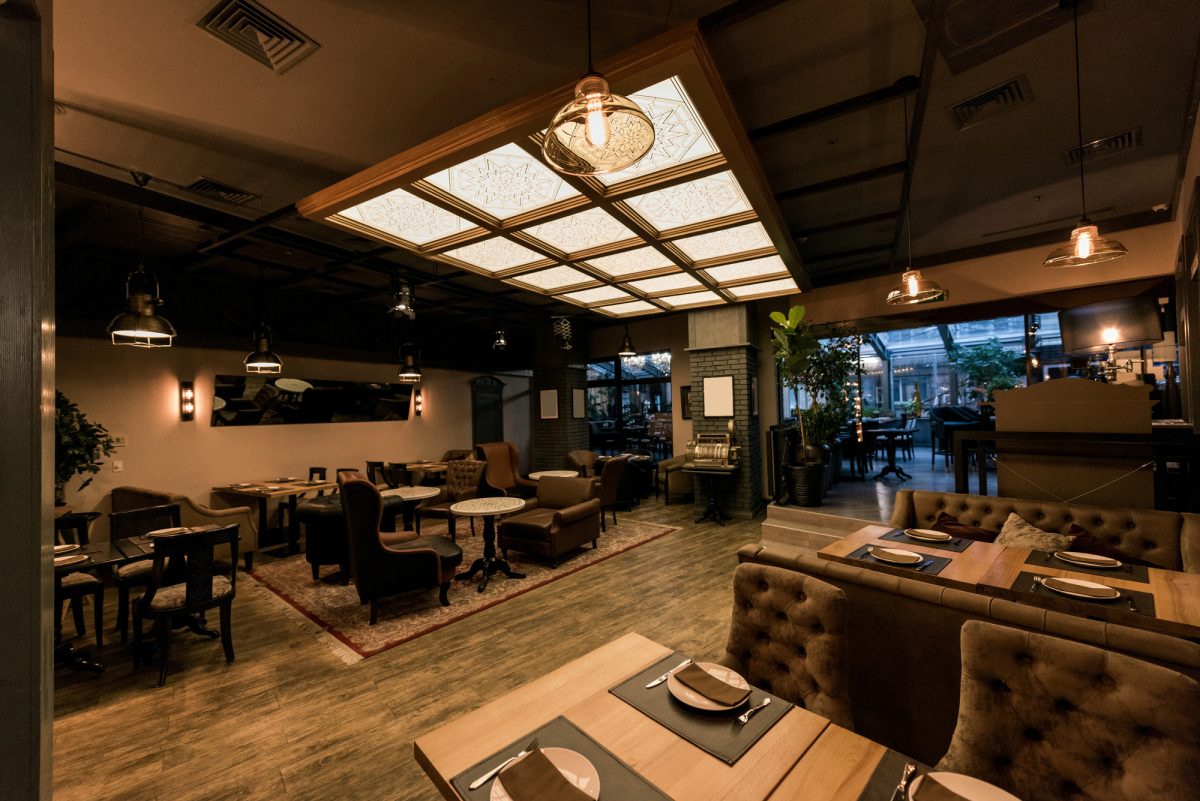
People want open space cleaner environments and less commitment. Food halls offer open air layouts touchless ordering and faster turnover. They check every modern dining box perfectly, allowing for a safer, more comfortable dining experience that fits today’s health-conscious and convenience-driven expectations in every way possible.
Related Post: Boomers Are Still Salty About These 15 Food Trends Millennials Killed
Food halls are not just the future of dining, they are the present. By blending culture, speed, innovation, and community into one vibrant setting, they’ve completely redefined what a food experience should be. Restaurants are watching closely, and many are adapting or jumping in. With this momentum, food halls are not a trend, they are a takeover in real time.
Disclaimer: This list is solely the author’s opinion based on research and publicly available information.
15 Sneaky Menu Tricks Restaurants Use to Make You Spend More

Ever walked into a restaurant, ordered what seemed like a “reasonable” meal, and then gasped when the bill arrived? It’s not just you, restaurants have mastered the art of psychological persuasion, subtly nudging you to spend more than you intended. From strategic menu designs to the way servers phrase their recommendations, everything is designed to make your wallet a little lighter.
Read it here: 15 Sneaky Menu Tricks Restaurants Use to Make You Spend More
12 Restaurant-Worthy Seafood Dishes You Can Make at Home

Seafood has a way of making any meal feel special, but you don’t need a fancy restaurant to enjoy high-quality, flavorful dishes. With the right ingredients and techniques, you can recreate restaurant-worthy seafood meals right in your kitchen. From buttery lobster tails to crispy fish tacos, these 12 dishes bring the taste of the ocean to your table without the hefty price tag.
Read it here: 12 Restaurant-Worthy Seafood Dishes You Can Make at Home
The Weird Origins of America’s Most Popular Junk Foods

Junk food is everywhere, but few people know the bizarre and unexpected stories behind some of their favorite snacks. Many of these treats were discovered by accident, created out of necessity, or even started as completely different products. From happy accidents to marketing genius, here’s how some of America’s most beloved junk foods came to be.
Read it here: The Weird Origins of America’s Most Popular Junk Foods
You’ll love these related posts:
- 15 Overhyped Foods That Aren’t as Good as People Say
- The Right Way to Cut Every Type of Food And Why It Matters
- 10 Unexpected Foods That Are Way Better When Frozen
- 12 Reasons Why Cutting Food the Right Way Makes a Huge Difference in Flavor
- 12 Insider Grocery Hacks That Will Save You Money Every Trip
